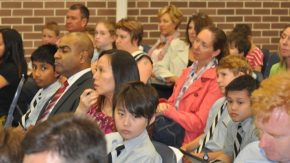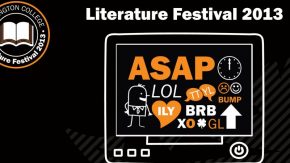Being a Reflective Learner
As a PYP School, there are 10 Learner Profile Attributes that we look for in a life-long learner: Inquirers, Knowledgeable, Thinkers, Communicators, Principled, Open-Minded, Caring, Risk-Takers, Balanced and Reflective. The aim of the International Baccalaureate is to ‘develop internationally minded people who, recognising their humanity and shared guardianship of the planet, help to create a better and more peaceful world’.
Each Prep Talk, I will focus on one attribute and hopefully demystify the meaning behind each.
So .. . what does it mean to be a reflective learner?
Throughout their school life, the boys are encouraged to reflect upon their learning. This reflection should continue outside the classroom and beyond the school gate into their adult lives. Reflection in any situation is an integral part of our learning. Knowing how we know and reflecting on this enables us to engage in higher order thinking. We begin to assess the evidence we have collected and collated, reflect on classroom practices, learn from others around us and screen for bias, inconsistency or error.
How do we reflect?
We can reflect in many ways and within many contexts. Reflection can lead to personal growth and deeper understanding. Identifying strengths and areas for improvement are important starting points for reflection. We may also reflect on our thoughts or attitudes and how they may have changed and what has led to this change. Discussions with others often give another perspective to situations and events, and can be a catalyst for being reflective.
Encourage your sons
Encourage your sons to be reflective in any situation and model how you reflect yourself. If we never question what and how we learn, we will have a very narrow and shallow view of life. Reflect on feedback and constructive criticism. How can you reflect in your everyday life? Are there real-life contexts in which you need to engage in reflection? Are you embracing your opportunities?
In your son’s learning environment
In class, your son will be using learning tools to help him reflect on what he is learning about in class. This reflective practice will be regular and ongoing. Your son will also be using a reflective tool that will come home with their Inquiry Book at the end of each 6 week unit. This is used to reflect upon the current unit and what they have learnt about themselves as a learner as a part of this experience.
Through being a reflective learner, can come great personal growth.
Joel Weekes
Teaching and Learning Team Leader






